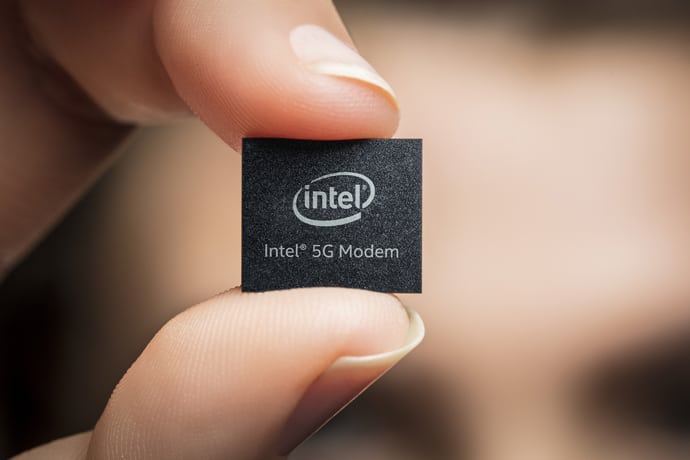Intel has already applied for licenses to sell some components to Chinese vendor Huawei, Intel’s CEO Bob Swan said in an interview with CNBC.
The executive said that Intel had been selling some products to Huawei in the second quarter after determining what products were “within the rules of the law.”
In May, the Trump administration confirmed that the U.S. Department of Commerce added Huawei to its Entity List, a decision that effectively banned the company from buying parts and components from U.S. companies without U.S. government approval. Under the order, Huawei will need a U.S. government license to buy components from U.S. suppliers.
At that time, firms including Google, Intel, Qualcomm and Microm had halted shipments due to the restrictions. Huawei relies heavily on computer chips imported from U.S. companies. Out of $70 billion that Huawei spent buying components in 2018, some $11 billion went to U.S. firms including Qualcomm, Intel and Micron Technology
Last month, President Donald Trump had agreed to grant “timely” licensing decisions to U.S. technology firms that want to sell components and services to Huawei, following a meeting between the U.S President and the CEOs of Google, Cisco, Intel, Western Digital Corporation, Micron, Qualcomm and Broadcom.
Following a recent bilateral meeting with Chinese President Xi Jinping in Osaka, Japan, Trump said that U.S. companies can sell their equipment to Huawei as long as the transactions won’t present a “great, national emergency problem.”
“The process now is that we file licenses to try to get approval and we’ve submitted quite a few licenses for our product and … the U.S. administration had announced last week that they’re going to try to process the licenses from the industry in an expedient fashion so we are encouraged by that,” Swan said.
The executive said that Intel has required licenses to ship its general purpose computing chips. “For the most part, if you look at the lion’s share of what we ship into China generally, but into Huawei who’s a large customer of ours, it’s general purpose compute. So general purpose product that we ship to all other cloud service providers,” Swan said. “So that general purpose compute, we don’t believe is what should be worrisome if the quest is to protect national security,” he added.
In related news, the U.S export ban on Huawei is also having an impact in Qualcomm’s business in China.
“The Huawei export ban, along with the pivot from 4G to 5G, which accelerated over the past couple of months, has contributed to industry conditions, particularly in China, that we expect will create great headwinds in our next two fiscal quarters,” Qualcomm CEO Steven Mollenkopf said during a conference call with investors.
Mollenkopf also said that as a direct consequence of the ban, Huawei is now more focused on its home market. “Huawei is driving customers away from us as they are becoming increasingly focused on the domestic market because of the U.S. export ban,” Mollenkopf said.
The executive also highlighted the progress made by Chinese telcos in the deployment of 5G services.”In China, 5G commercial service was officially approved in early June, and our current estimate is that by the end of this year, the three China operators will deploy roughly 100,000 5G base stations, which to put in context is the equivalent of the scale of the entire network of a large U.S. wireless operator,” he said.

